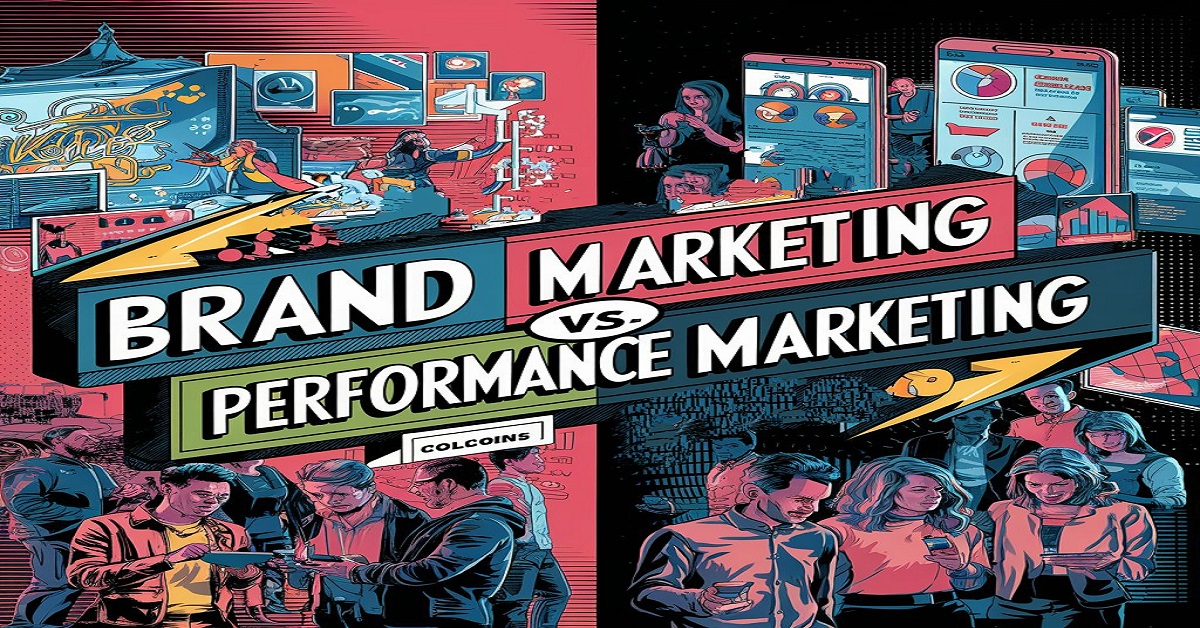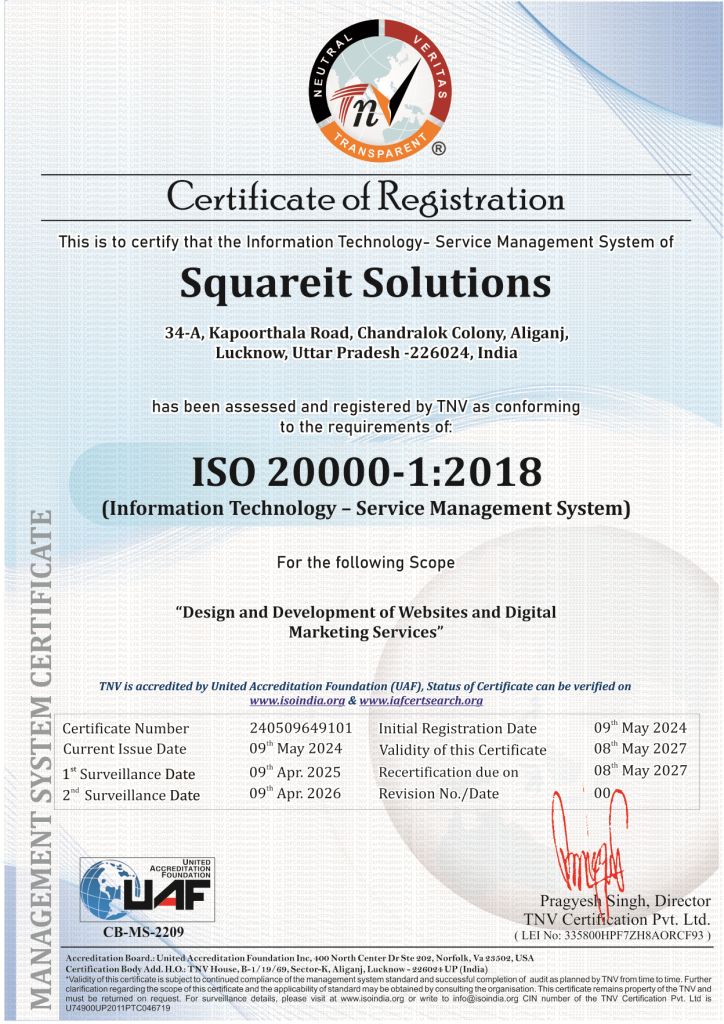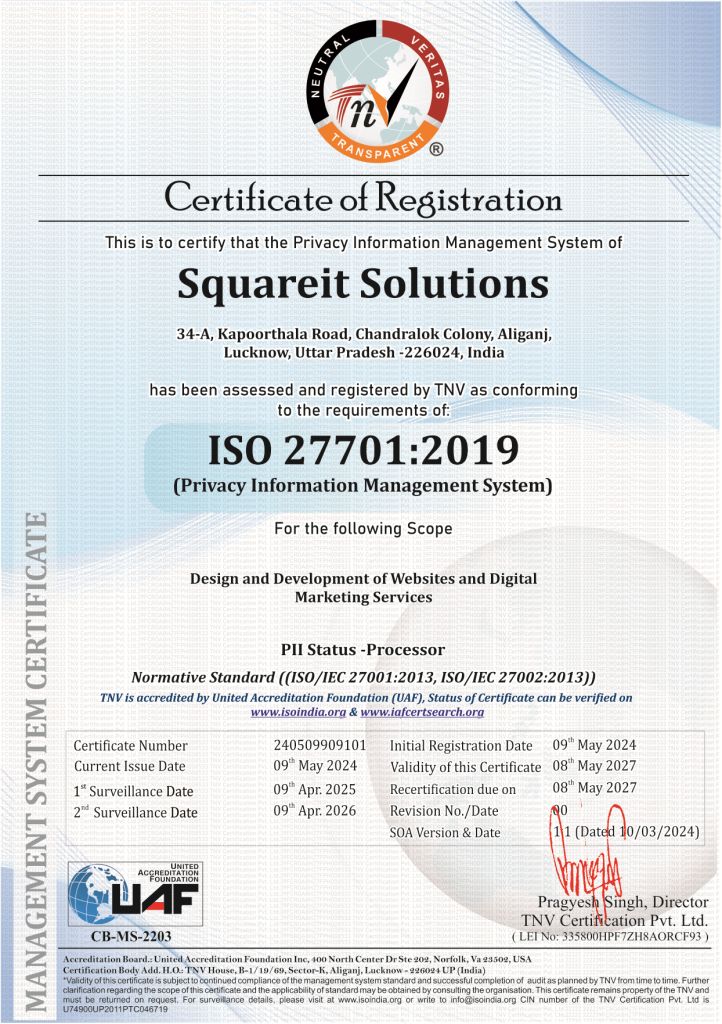In a landmark decision, the Supreme Court of India mandated the implementation of the Self-Declaration Certificate (SDC) for all Indian advertisers and advertising agencies in May 2024. This new regulation aims to curb misleading advertisements and promote transparency in the advertising industry. This blog post will delve into everything you need to know about the SDC, including its purpose, requirements, and the challenges associated with its implementation.
What is the Self-Declaration Certificate (SDC)?
The SDC is a self-regulatory mechanism introduced by the Advertising Standards Council of India (ASCI) with the backing of the Supreme Court. It requires advertisers to declare that their advertisements comply with ASCI's code of conduct before publishing them. This code outlines ethical guidelines for advertising, ensuring that ads are truthful, decent, and socially responsible.
Why was the SDC introduced?
Misleading and deceptive advertisements have long plagued the Indian advertising industry. These ads can erode consumer trust and harm businesses that rely on honest marketing practices. The SDC is a step towards addressing this issue by holding advertisers accountable for the claims they make in their ads.
What are the requirements of the SDC?
The SDC is a simple document that requires advertisers to declare the following:
- That the advertisement complies with the ASCI code of conduct.
- That the advertisement is not false, misleading, or deceptive.
- That the advertisement does not violate any laws or regulations.
Advertisers must upload the SDC electronically before publishing their advertisements. The ASCI will maintain a central repository of SDCs, which will be accessible to the public.
Who is exempt from the SDC?
The following types of advertisements are exempt from the SDC requirement:
- Government tenders and public notices
- Obituary advertisements
- Classified advertisements
How is the SDC being implemented?
The SDC came into effect on June 18, 2024. However, there have been concerns about the implementation process. The Indian media industry has petitioned for a delay in implementation, citing the need for more time for training and awareness creation. Additionally, there are concerns about the burden that the SDC will place on small businesses, which may not have the resources to comply with the new regulation.
Challenges of implementing the SDC
While the SDC is a positive step towards promoting ethical advertising practices in India, there are some challenges associated with its implementation:
- The burden on small businesses: Small businesses may find it difficult to comply with the SDC requirements, especially if they do not have a dedicated marketing team. The ASCI has stated that it will provide resources and support to help small businesses comply with the SDC.
- Lack of clarity for global businesses: Global businesses operating in India may find the SDC requirements unclear or cumbersome. The ASCI needs to provide clear guidance for these businesses to ensure smooth implementation.
- Enforcement: The effectiveness of the SDC will depend on how effectively it is enforced. The ASCI will need to develop a robust enforcement mechanism to deter advertisers from violating the SDC requirements.
What does the future hold for the SDC?
The SDC is a new regulation, and its long-term impact on the Indian advertising industry remains to be seen. However, it has the potential to be a game-changer for advertising in India. By promoting transparency and accountability, the SDC can help to create a more ethical and trustworthy advertising environment.
The success of the SDC will depend on the following factors:
- The ASCI's ability to provide clear guidance and support to advertisers.
- The effectiveness of the enforcement mechanism.
- The willingness of advertisers to comply with the SDC requirements.
Conclusion
The SDC is a welcome development for the Indian advertising industry. It has the potential to improve the quality of advertising and protect consumers from misleading claims. However, there are challenges associated with its implementation, which need to be addressed.
FAQs
Q- What is a Self-Declaration Certificate (SDC) and why is it required?
A- A Self-Declaration Certificate (SDC) is a legal document that Indian advertisers and advertising agencies must obtain before launching any new advertisement or ad campaign. It serves as a declaration that the advertisement complies with the Guidelines for Prevention of Misleading Advertisements and Endorsements for Misleading Advertisements, 2022. The SDC is required to ensure that advertisements provide accurate information and do not mislead consumers.
Q- Who needs to obtain a Self-Declaration Certificate (SDC)?
A- All Indian advertising agencies and direct advertisers are required to obtain an SDC. This includes any entity or individual involved in creating, publishing, or broadcasting advertisements on traditional and digital media platforms. The requirement applies to all new advertisements and ad campaigns.
Q- What is the process for obtaining a Self-Declaration Certificate (SDC)?
A- To obtain an SDC, advertisers must submit a detailed self-declaration stating that their advertisement complies with the relevant guidelines. This involves providing necessary documentation and information about the advertisement. The submission is then reviewed by regulatory authorities to verify the accuracy and authenticity of the claims made in the advertisement.
Q- What are the benefits of having a Self-Declaration Certificate (SDC)?
A- The SDC helps ensure that advertisements are truthful and not misleading, thereby protecting consumers from false claims and deceptive practices. It promotes transparency and accountability among advertisers, which in turn fosters consumer trust. Additionally, complying with SDC requirements can enhance the credibility and reputation of brands and advertising agencies.
Q- What happens if an advertiser fails to obtain a Self-Declaration Certificate (SDC)?
A- Failure to obtain an SDC before launching an advertisement can lead to regulatory action by authorities such as the Central Consumer Protection Authority (CCPA). This may include penalties, fines, or other legal consequences. Advertisers are encouraged to comply with the SDC requirement to avoid such repercussions and to contribute to a fair and transparent advertising environment.


.png)



